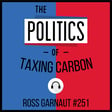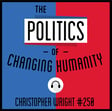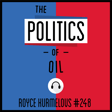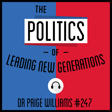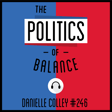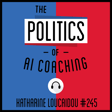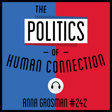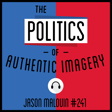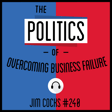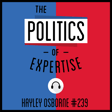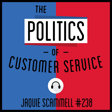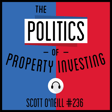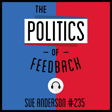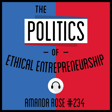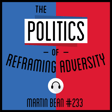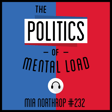
228: The Politics of Trauma - Caroline Lloyd
This episode refers to trauma (obviously) so listener caution is recommended.
Dr Caroline Lloyd is a GP with a multifaceted career. After graduating from Monash University she has worked in traditional general practice, women’s health, sexual health, cosmetic dermatology, hypnotherapy and bariatric surgery and has now found her passion in Mental Health. Completing her Masters in Counselling led to training in EMDR (Eye Movement Desensitisation and Reprocessing) and she now specialises in the treatment of Trauma utilising EMDR. She really enjoys helping her clients become “unstuck” from their past traumas, facilitating their progress to a calmer, more connected and fulfilling life. Caroline works at Cabrini Women’s Mental Health Lisa Thurin Centre, in her own counselling private practice and in Bariatric Medicine.
In this show, hear from Caroline on:
1. What do you define as trauma and how can we know it's affecting us in a more profound way than we perhaps realise, especially over time?
2. How is complex trauma misdiagnosed in your experience and share the ways we can tackle this as a society?
3. You include EMDR Group therapy as an innovative way to resolve traumatic experiences in a more cost-effective, contained, private way. How can being in a group therapy environment assist us with trauma management?
4. Is trauma always about big events like a death or assault?
5. How have you used hypnotherapy in your practice?
6. Takeaway: What is your final message on The Politics of Trauma?
Connect further:
POE listener offer:
Zencastr is my podcast platform of choice. Use my special link (zen.ai/thepoliticsofeverything30 [http://zen.ai/thepoliticsofeverything30]) and use code "THEPOLITICSOFEVERYTHING" to save 30% off your first three months of Zencastr professional. #madeonzencastr
